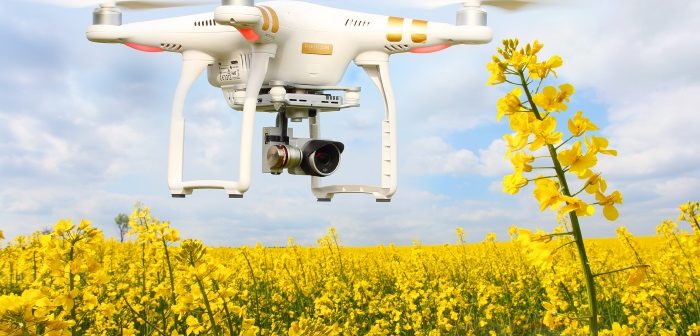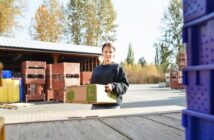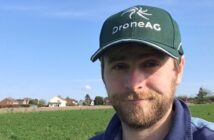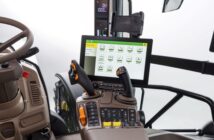The specialist Farming team at independent UK law firm Burges Salmon has issued advice on the rights of both landowner and drone-flyer in response to the rapid rise in drone usage in agriculture. The team gives the latest guidance on flying drones and how new technology interacts with the centuries-old body of property law.
Chris Preston, senior associate in the Dispute Resolution department at Burges Salmon, says:
“While the use of commercial drones in retail has generated interest in the national press in recent months, the increasing use of drones in UK agriculture has largely flown under the radar. Agricultural businesses are utilising drones for a range of purposes from soil and field analysis to the monitoring of arable and pastoral stock and, in common with all nascent technologies, the range of uses of drones is constantly developing and we need to consider how this new technology interacts with the centuries-old body of property law. It is important to be aware of your rights, whether you are operating a drone, or as a landowner, to know what protection you have. We are constantly keeping pace with evolving technology so we can offer valuable, up-to-date advice to both parties.”
While the assumption may be that a drone flying over your land is trespassing, unless it lands on your soil or is flying very low to constitute an interference to the landowner’s normal use of the land, then it is not infringing property rights. Mr Preston advises, however, that there is a risk of prosecution for causing nuisance:
“Drone users can risk committing nuisance against a landowner. A drone used for soil and field analysis, for example, may fly over another property multiple times, or hover in one place for an extended period and, in so doing, may risk causing a noise nuisance. While such a claim may not be easy to evidence in a rural context, all drone operators and landowners should be aware of this issue.”
In addition to trespass and nuisance, there is a risk that drones may cause damage to another’s property if they malfunction. This could be directly through impact or indirectly if property is damaged by, or to, spooked livestock. In such cases, the usual principles of negligence apply and, if negligent, the drone operator will be liable for foreseeable loss caused.
Mr Preston advises:
“It is better not to adopt the Viscount Mountgarret-approach of shooting down the trespasser – a balloon in his case – which may put you at risk of sanction for criminal damage and possible breach of regulations. We would recommend taking the safer course of action offered by the injunction or damages route, and we can offer advice on this.”
Burges Salmon has a team of farming lawyers who have an in-depth understanding of farming law and advise on all aspects of farming businesses, including property law, partnership formation, corporate and joint venture structuring, tax and succession planning, and land ownership.




